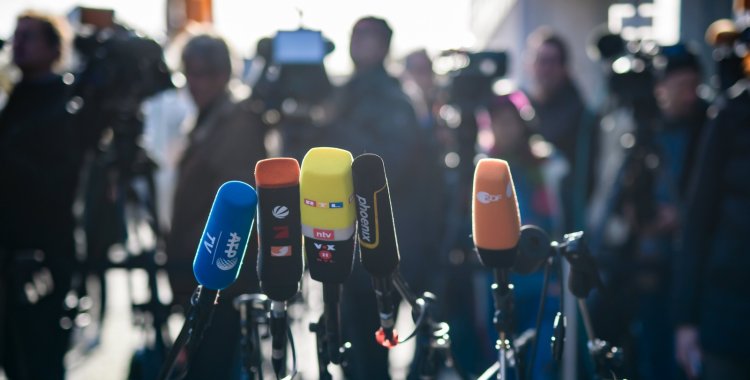The Ministry of Telecommunications, Information Technology and Media has submitted for public discussion, until May 16, seven draft laws (Law of the Press, Television, Radio, the Media Regulatory Authority, the Statute of Journalists, Community Radios and the Law of Polls) to adjust the legislative package, in force since 2016, to the context of today's world.
"The reaction of professional associations, as well as other associations, was of incredulity, due to the fact that the diplomas do not present any evolution, not taking into account the immense criticism that society and media professionals have made to the current legislation," reads a position subscribed by the SJA and the organizations ADRA Angola, Mosaiko, Handeka, Omunga, Friends of Angola and Kalu, to which Lusa had access.
The legislative package brings as novelties the laws of Community Radios and of Opinion Polls and Surveys, being Angola the only country of the Southern African Development Community (SADC) region that does not have community radios.
However, the demands contained in the new law, namely article 7 of the proposed Community Radio Law, concerning the requirements to obtain a license, are indications that the State does not want to see community radios in the communities, according to the associations.
"The State, meaning the political power, wants to maintain control over the media," says the document, stressing that besides the "immutable nature of its content in generality," the two proposed laws (Community Radios and Polls) "translate the concern of the political power to control even Community Radios and who does or does not do polls."
For the entities that signed this document, to demand 250 million kwanzas of minimum capital for all the companies interested in making polls, "is a veiled way of controlling and delimiting who and what companies will be able to make polls", "to impede access to anyone and to control all the companies".
"How many citizens are capable of presenting this minimum capital?" he questioned, stating that "the technique" was also used to prevent any citizen from being able to apply for a radio or television license, as currently 800 million kwanzas is required from those interested in television operators and 275 million for national and local or commercial radios.
The SJA and the organizations also criticize Minttics for wanting to keep powers of the media regulatory entity, when the tendency should be to make ERCA (entity is already existing) independent from political power interference and grant it the prerogatives of regulation and attribution of licenses.
"Society has the legitimacy not to see with good eyes this exercise by the government, and try to guess what the real intentions are," they conclude, hoping that Parliament "responds to society's appeals and offers legislation that is for a democratic state."







